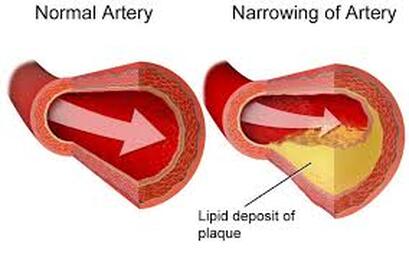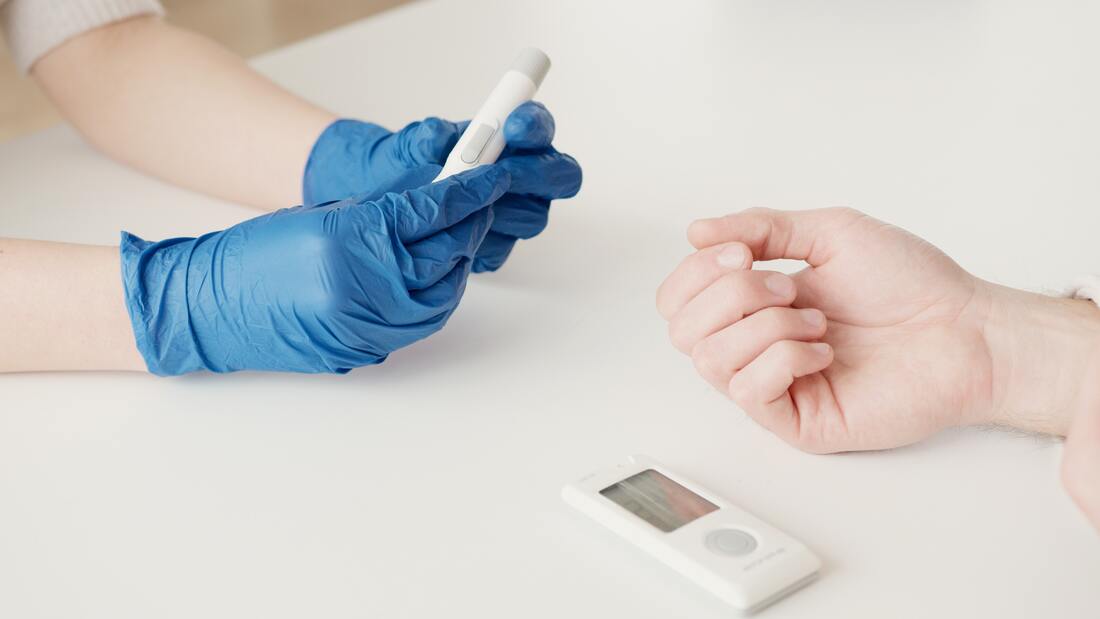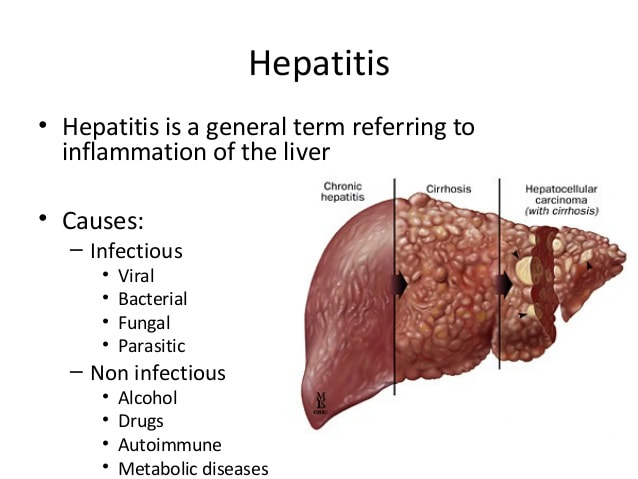Health Screening
|
Faith Medical provides you with professional articles and videos regarding healthcare and wellbeing. Blood Test for Gastric Cancer Health Screening for Men above 50yrs Hypertension -- High Blood Pressure Hypothyroidism High Cholesterol Diabetes Hepatitis |











